Vitamin C
Vitamin
Ascorbic Acid
Other Name(s):
Vitamin C; E 300; L-Ascorbic Acid; CAS# 50-81-7; Calcium Ascorbate; Magnesium Ascorbate; Sodium Ascorbate; Liposomal Vitamin C

The most common raw material used to make vitamin C as a food additive or health supplement is D-Sorbitol. D-Sorbitol is made from carbohydrate rich plants such as wheat, maize and sugarcane.
Is Ascorbic Acid Faithful to Nature?
Yes.
Ascorbic Acid is a naturally occuring vitamin, and an essential micronutrient required for proper immune function, metabolism and more.
Benefits: Why is Ascorbic Acid Used?
Well Known Antioxidant
Ascorbic Acid has powerful antioxidant properties.
Support Immunity
Ascorbic Acid is vital for healthy immune function.
Glowing Complexion
Vitamin C is a necessary cofactor for the natural production of collagen.
Skin Protection
Vitamin C due to its antioxidant properties protects the skin from damage caused by free radicals through UV exposure.
Ascorbic Acid is used in a very large number of different product types, from health supplements to skincare and cosmetics. E300 can also be found in food stuffs like bread, fruit juice, and even cured meats. Vitamin C occurs naturally in many fruits and vegetables like broccoli, citrus (oranges, lemons, etc), strawberries, red peppers and more.
The first ever method to make Ascorbic Acid is called the Reichstein Process. It was developed in 1933 by Nobel Prize winner Tadeusz Reichstein. It involves converting D-Sorbitol into L-Ascorbic Acid with the help of a microbial culture (Gluconobacter oxydans). Nowadays, a much cheaper, more energy-efficient, safer and simpler method is used to generate much higher yields of vitamin C. It also employs the assistance of microorganisms (in this case Ketogulonicigenium vulgare and Bacillus spp.).
The Recommended Daily Allowance (RDA) for vitamin C is just 75-90 mgs a day for adults but many experts suggest that supplementing with around 500 mgs a day for adults is the best way to achieve its health results.
Notice: The information provided here is not intended as medical advice and is for educational purposes only.
Products Containing Ascorbic Acid
-
sku7402v2
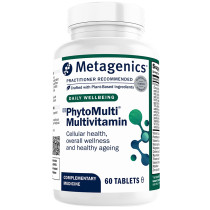
-
sku94483
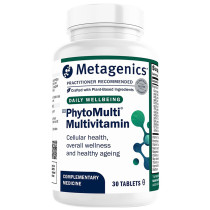
-
sku67583
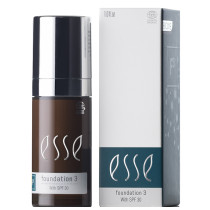
-
sku7400
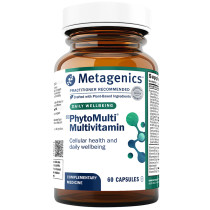
-
sku136537
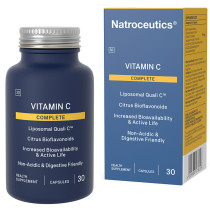
-
sku65002

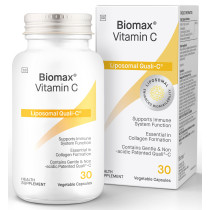
-
sku137436


-
sku8572

-
sku70
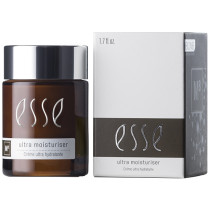
-
sku7390
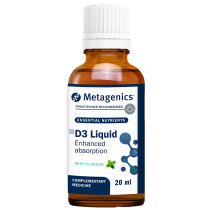
-
sku80153
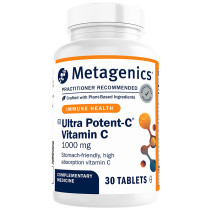
-
sku63135
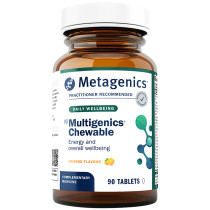
-
sku137093

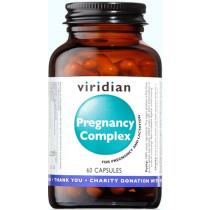
-
sku5192

-
sku8574
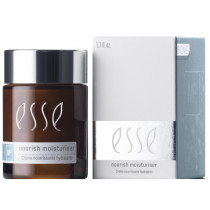
-
sku8573
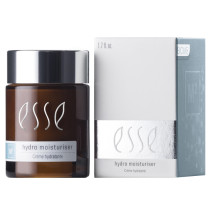
-
sku9502
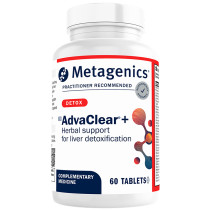
-
sku69
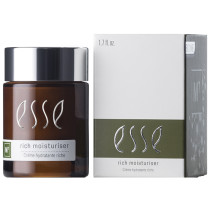
-
sku6328v1
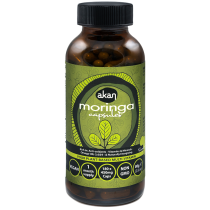
-
sku68
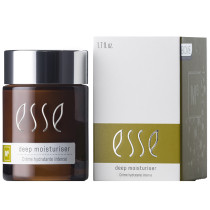
-
sku4129
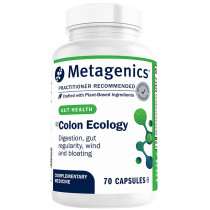
-
sku65
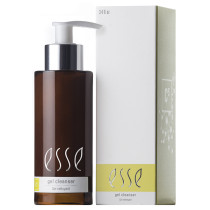
-
sku72
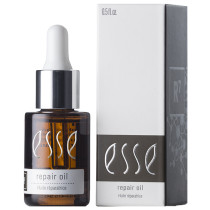
-
sku139205
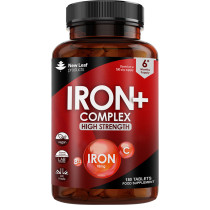
-
sku10085
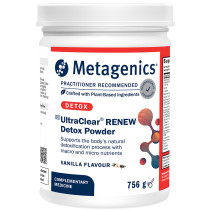
-
sku66

-
sku3546v2

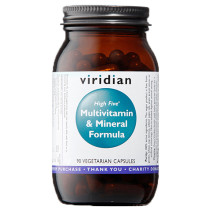
-
sku107353

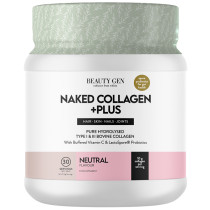
-
sku138053
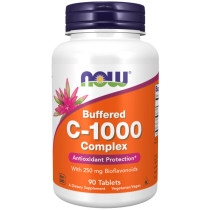
-
sku131050
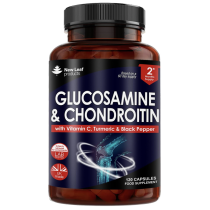
-
sku103570
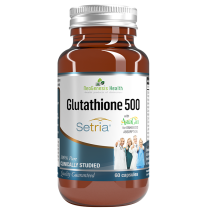
-
sku61360

-
sku64581
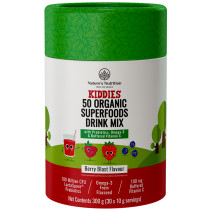
-
sku66208
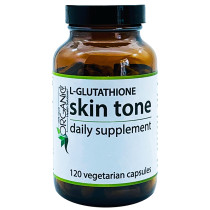
-
sku80073
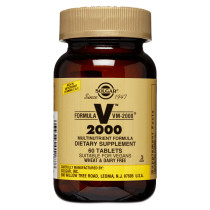
-
sku5124
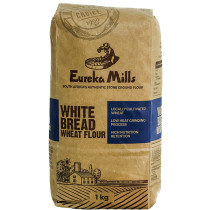
-
sku67718

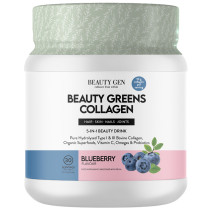
Beauty Gen Blueberry 5-in-1 Collagen Suppleme...
- 450g
Regular Price: R575.00
Special Price R460.00
+
-
-
sku7370
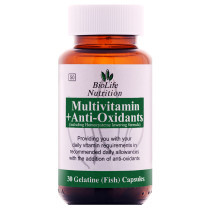
-
sku67
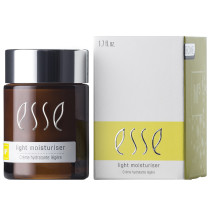
-
sku10055




